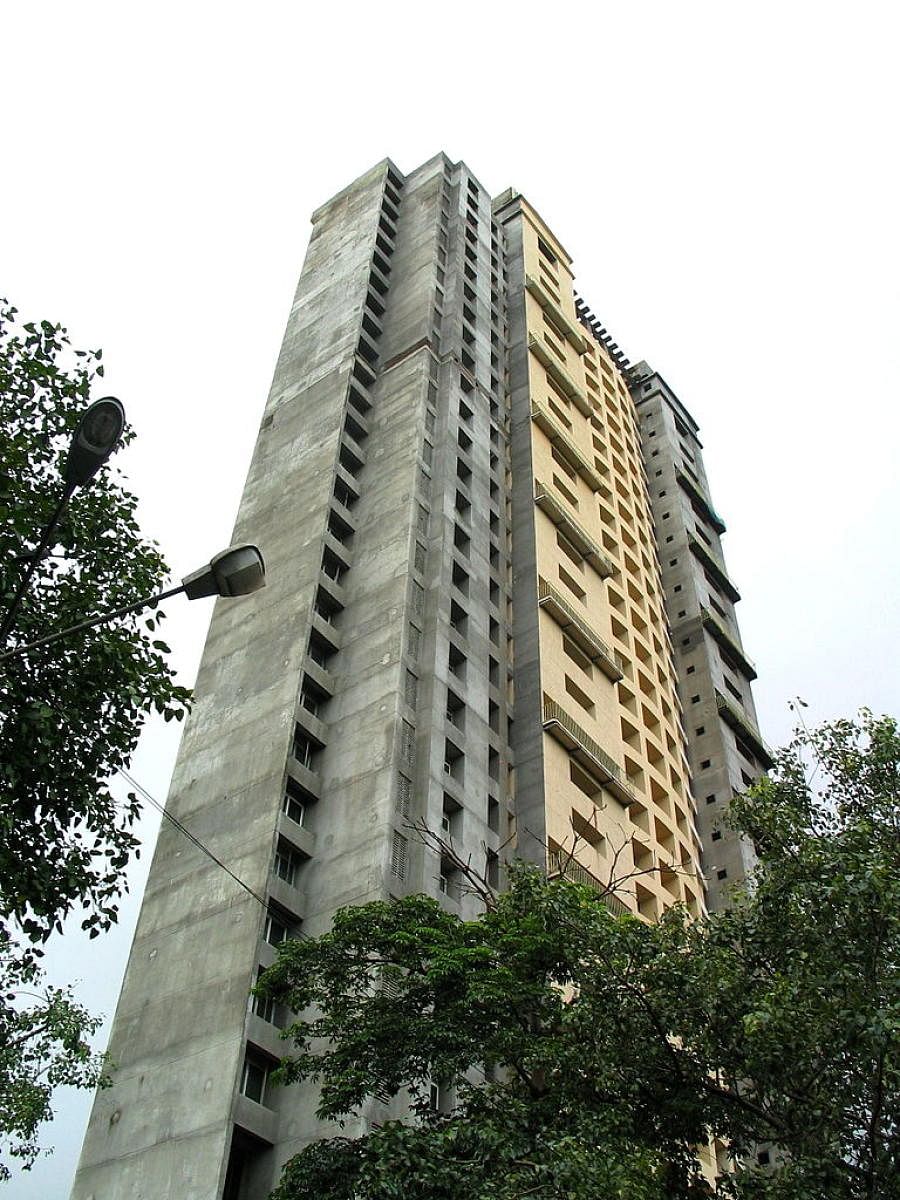
Ever since its inception, the RTI Act has been crucial in unearthing important documents of public interest and bringing to light irregularities in the government. Here are a few instances:
Demonetisation
The central board of the RBI met only two-and-a-half hours prior to the demonetisation announcement by Prime Minister Narendra Modi in 2016.
This information was unearthed by Venkatesh Nayak, an activist with the Commonwealth Human Rights Initiative, who filed an RTI application to access the minutes of all meetings of governors and any recommendations that were submitted in reference to the demonetisation exercise.
After being denied a reply several times, Nayak was provided the information two years later, in 2018.
The minutes of the meeting on November 08, 2016, at 5.30 pm revealed that the central board had objections about the Centre’s claim that demonetisation would solve the issue of black money and counterfeit notes in circulation and the board only gave a rubber stamp approval to the Centre.
Adarsh Housing scam
First intended to be a six-storey building for war veterans and widows of the 1991 Kargil War, the building that came up in its place had 31 storeys on prime real estate in Colaba, Mumbai.
RTI applications filed by Yogacharya Anandji and Simpreet Singh revealed how politicians, bureaucrats and military officials had used their power and influence to acquire flats at rates below the market price. Eventually, this led to the resignation of the then chief minister of Maharashtra whose extended family was also allotted flats in the building.
The RTI applications also revealed that the land used did not belong to the Maharashtra state government but to the Ministry of Defence and there was no environmental clearance, though the building was located along Mumbai’s coast.
Commonwealth Games scam
The Commonwealth Games scam in 2010, involving misappropriation of public funds to the tune of Rs 70,000 crore, was first brought to light by RTI applications filed by Housing and Land Rights Network, an NGO, which revealed that the then Delhi government had diverted Rs 744 crore from funds designated for social welfare projects for Dalits to the Commonwealth Games.
From 2006, the year that the Delhi government had adopted the Special Component plan, it had been diverting increasing amounts of funds. These diverted funds were earmarked for building roads around the stadium, ensuring water supply to the location and the Queen’s baton relay. The RTI application revealed that many of the projects existed merely on paper, suggesting corruption and money laundering.
Vedanta University
The chairman of the Vedanta group, Anil Agarwal, intended to establish a world-class university like Cambridge and Stanford on 15,000 acres of land. The Naveen Patnaik government granted 8,000 acres of land, promising Agarwal an additional 7,000 acres near the Puri-Konark Marine drive.
Many distressed landowners filed RTI applications that revealed that the Naveen Patnaik government had not followed due procedure listed in the Land Acquisition (Companies) Rules, 1963 before the land was acquired and that government had not provided an opportunity for them to be heard.
A two-judge bench headed by Justice V Gopal Gowda reprimanded the government for its scant regard of environmental laws and acquisition processes and directed that the land be returned to the landowners.
(Compiled by Varsha Gowda)